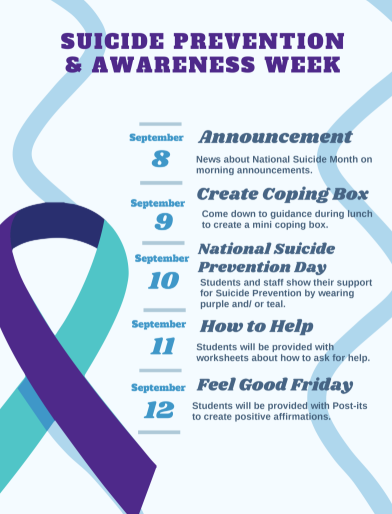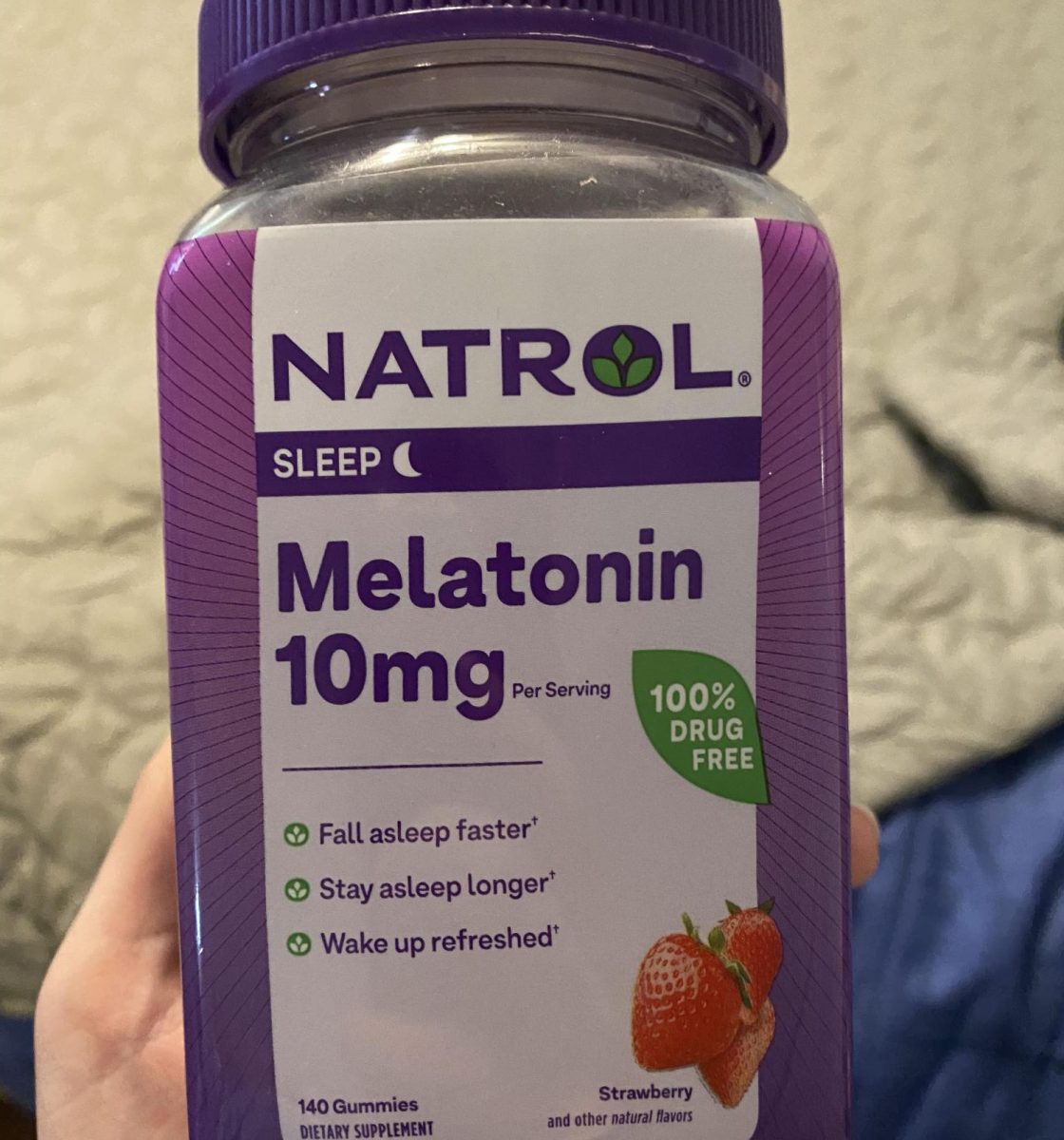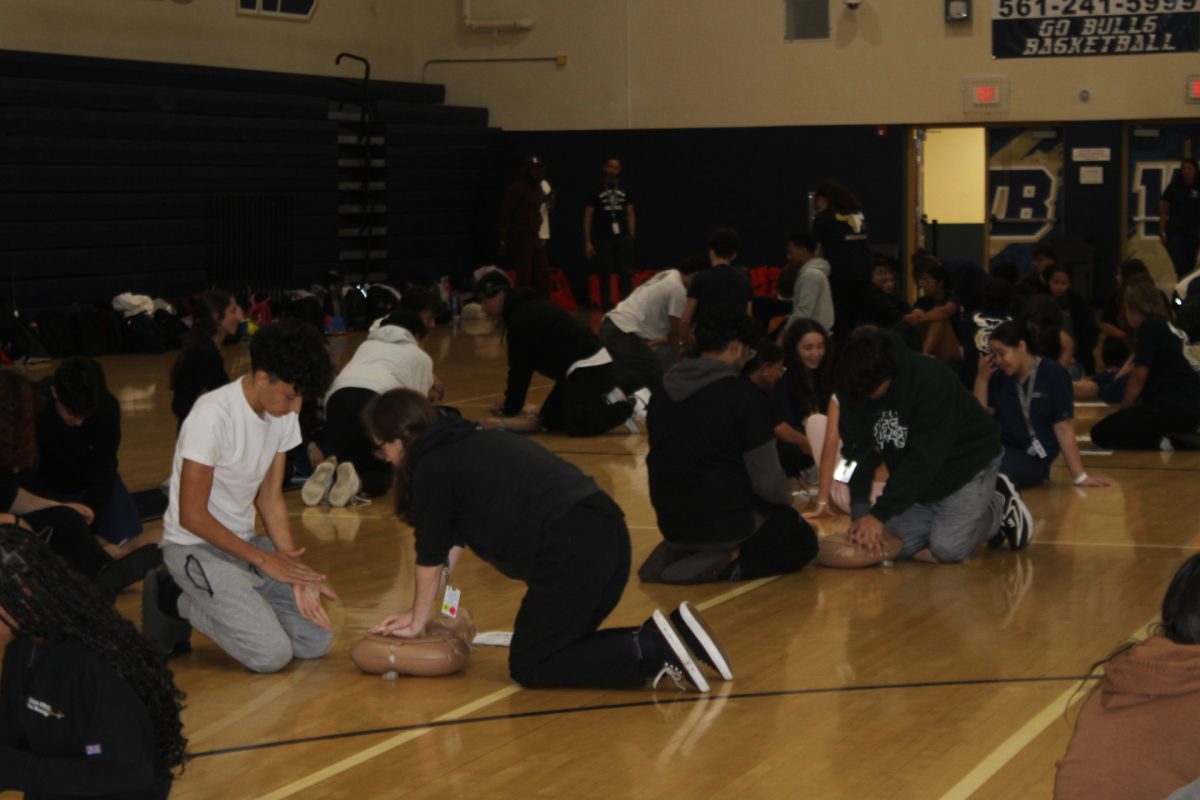‘‘Sleep is incredibly important”, said Sophia, a Bullseye reporter senior juggling between a bunch of AP classes, extracurriculars and terrorizing college applications. “We feel fine at the moment after four or five hours of sleep, but weeks and weeks on an average of five or six hours a day can slowly start to kill our bodies.” Yet, for many students like Sophia, having a long night of sleep is a luxury. Jenna, another fellow newspaper reporter said, “I love sleeping, but I definitely do not get enough.” Sleep is critical for mental health, physical well-being, and academic success, yet it is often sacrificed to meet the high expectations of this rapid world.
The question is, why are we so willing to give up something so essential? It’s time to change that.
The Science Behind Sleep
Sleep is more than just a time for the body to rest. According to the National Heart, Lung, and Blood Institute, “During sleep, your body is working to support healthy brain function and maintain your physical health. In children and teens, sleep also helps support growth and development.” Sleep is the time that the body rest, saves memories, and processes the information learned during the day. Without a good night of sleep, the body and the brain cannot function at their best, which can lead to lasting health consequences such as heart disease,obesity, and even early death. Sleep deprivation poses a great danger to our lives. The University of Michigan’s Student Life Center highlights that “the amount of sleep that a college student gets is one of the strongest predictors of academic success. Sleep plays a key role in helping students fix and consolidate memories, plus prevent decay of memories.” Sleep deprivation leads to diminished cognitive function, making it harder for students to focus, retain information, and perform well academically. It is important to prioritize sleep above getting that extra point in an assignment.
The Social Behind Sleep
Despite the clear fact that sleep is crucial, societal demands make us push it to the bottom of the priority list. Charlie, one of the Bullseye reporters, admitted: “We don’t get enough of it.” This shows the exhaustion felt by the majority of teenagers nowadays, who often have to balance school, social lives and extracurriculars. The recommended sleep night recommended by the National Library of Medicine is between 8-10 hours for teenagers. However for many of us, even getting 6 hours of sleep feels like an accomplishment. The World Book explains that “sleep is not just a passive state of rest; it’s an active process that helps the body and mind recover from daily stresses and prepare for the next day.” For many students, the pressure of endless projects, homework and exams seem more urgent than the consequences of not getting proper sleep. Sabrina, another Bullseye reporter, admitted, “I don’t sleep. I try sometimes, but I realize I have work, so I don’t.” These experiences highlight a concerning trend:
We aren’t getting enough sleep.
The Cost of Sleep Deprivation
The costs of chronic sleep deprivation go beyond poor academic performance. The National Institutes of Health explains that inadequate sleep over time increases the risk of serious health problems such as diabetes, stroke, and mental health disorders. For teens, the consequences can also manifest as mood swings, anxiety, and depression. Chronic sleep loss doesn’t just make people feel tired, it harms their health. The body needs sufficient rest to regulate hormones, support the immune system, and fix cellular damage. Without it, the risk of illness and injury increases dramatically.
Building a Culture of Rest
Changing the way we think about sleep is essential to build healthier habits. In a society that normalizes productivity, rest is often seen as a weakness. But as The World Book explains, “sleep is a biological necessity, not a luxury.” It’s time to change the narrative and recognize that rest is essential for success, health, and happiness. Developing a consistent routine may seem difficult in a busy life, but small, intentional changes can make a big difference. Sleep, like any other skill, requires practice and commitment to form healthy patterns that stick.
The first step to better sleep is understanding the importance of consistency. Going to bed and waking up at the same time every day helps regulate your body’s internal clock, also known as the circadian rhythm. Irregular schedules confuse this system, making it harder to fall asleep or wake up feeling rested. To create consistency, we students should aim to set a bedtime that allows for at least 7–9 hours of sleep and stick to it—even on weekends. While tempting, staying up late or sleeping in messes up progress and makes Mondays feel even harder.
Another great habit is creating a cool-down routine before bed. The brain needs time to transition from energetic activities to rest. Turning off screens at least an hour before bedtime can greatly improve sleep quality. The blue light from phones, laptops, and tablets interferes with the production of melatonin, a hormone that signals it’s time to sleep. Instead of scrolling through Instagram reels or Youtube shorts, consider relaxing activities like reading a book, journaling, or just stare at the ceiling. These mindful activities help signal the brain that it’s time to relax and sleep well.
The environment is also very important. A sleep-friendly space is cool, dark, and quiet. Investing in blackout curtains or wearing an eye mask can help create the perfect sleep place. Students should also avoid studying or working in bed, as this creates a mental association between the bed and stress, rather than rest.
Finally, it’s important to address habits during the day that might be sabotaging sleep at night. Consuming caffeine late in the afternoon, taking long naps, or lacking physical activity can disrupt the ability to fall asleep later. Instead, try exercising earlier in the day and opting for water or teas in the evening. Small adjustments like these can make falling asleep easier and help build a sustainable routine.
Takeaways
Building better sleep habits won’t happen overnight, but the rewards are worth the effort. By committing to these changes, we can reclaim sleeplessness nights, improve our health, and feel more energized during the day. It’s a simple truth: better habits lead to better sleep, and better sleep leads to a better life.















































